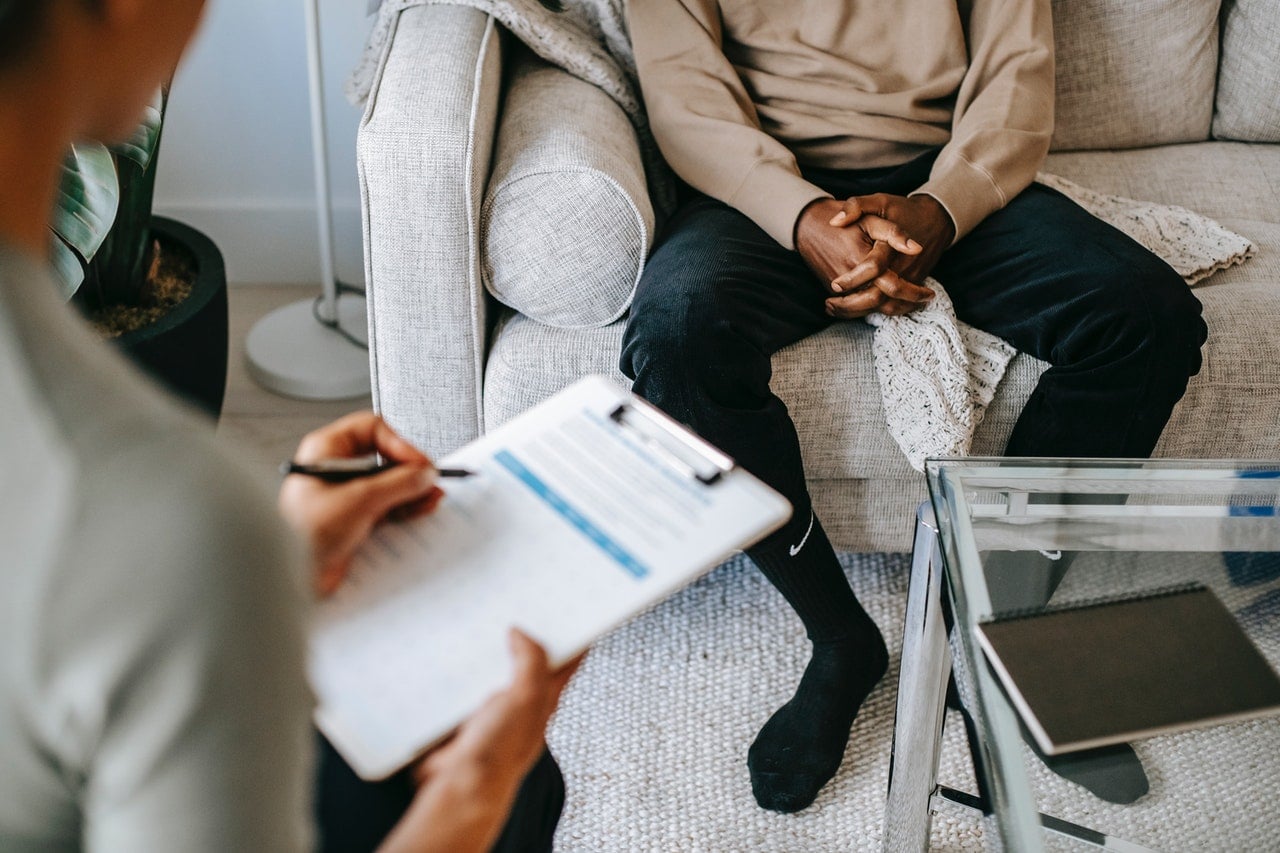The Biden administration announced today that they are expanding access to Medication-Assisted Treatment drug Suboxone, also known as Buprenorphine. Expanding access means that doctors will administer the medications to patients who need them, even in the emergency room.
What Does Suboxone Treat?
Suboxone is usually taken as a tablet or film daily. The drug, also called Buprenorphine, can help reduce cravings in people who have opioid use disorder. These cravings and withdrawal effects are usually what keeps a person with opioid use disorder from being able to get clean and sober.Hopefully, more doctors in more professions will feel comfortable prescribing Suboxone to patients who meet the criteria for opioid use disorder. It can often mean the difference between life and death for some addicted people seeking recovery.
Suboxone decreases these intense cravings and helps a person stay off of opioids as they learn to live a life without using substances.
Changes in Federal Guidelines for Suboxone
Previously, the government required many treatment hours for doctors who wanted to administer Suboxone to their patients. Because of this, many ER physicians were not able to meet requirements. Guidelines also required patients to go to therapy while on the drug. New requirements make no mention of this.
However, the guidelines do limit how many patients a doctor can oversee on the drug. The cap on active patients is thirty. Presumably, this means ER physicians would require follow-up as they administer the medication.
Who Can Administer Suboxone?
Now that the guidelines have changed, institutions will have access to the drug for the people who occupy them. Any medical doctor that is qualified can now issue the drug. This means that jails, mental institutions, hospitals, and other facilities can now administer the medication to help people withdraw from addiction.
These tools can prove essential to people in the criminal justice system trying to straighten out their lives. Continued access when they leave jail is also crucial to preventing relapse.
Getting Help for Addiction
There is help for people who need it! Find a treatment center by calling the number at the top of this page. Ask about Medication-Assisted Treatment for opioid use disorder.



Leave A Comment